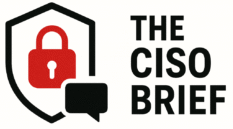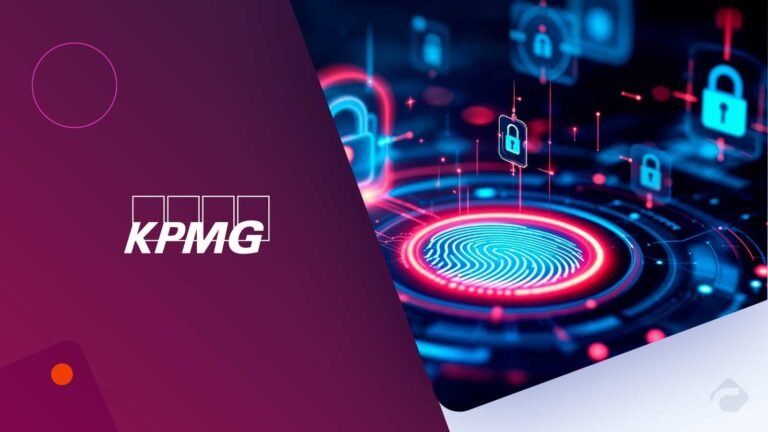KPMG Highlights Urgent Cybersecurity Challenges for Financial Services in 2025
Cybersecurity in financial services is facing a hurricane from every direction in 2025, the new KPMG Cybersecurity Report finds. Whether it’s increasing regulation globally or increasing sophistication in attack surfaces, Chief Information Security Officers (CISOs) are under unprecedented pressure to safeguard prime assets, secure compliance, and enable innovation.
While AI-powered tools, zero-trust architectures, and deep analytics are the keys to strengthening defenses, KPMG warns that technology alone will not be enough. Success in 2025 will require embedding cybersecurity within business strategy, building trust in AI systems, and actively managing third-party risks.
Leader Cybersecurity Threats for Financial Services in 2025
1. Regulatory Pressure Confronts Growing Attack Surfaces
The EU’s Digital Operational Resilience Act (DORA) and more intense scrutiny by US regulators raised the compliance bar. At the same time, ubiquitous cloud adoption and digitalization are providing more attack vectors.
“Compliance, business expansion, and operational resilience must be reconciled by financial institutions without any compromise on security,” the KPMG report continues.
2. Zero-Trust Architecture Becomes the Standard
KPMG deems the shift towards zero-trust security architectures as non-negotiable for 2025. By repeatedly authenticating identities and segmenting networks into secure enclaves, zero-trust greatly reduces the risk of insider threat and lateral movement for attackers.
3. AI and Machine Learning: The Double-Edged Sword
AI and ML technologies are transforming cybersecurity in real-time anomaly detection, automation of response, and reduction of alert fatigue. However, the advent of adversarial AI, deepfake-based fraud, and data poisoning attacks illustrates the need for explainable AI (XAI) and regulation.
“AI can deliver speed and scale, but without transparency, it erodes the very trust that it is intended to protect,” says Rajesh Mehta, CISO of a multinational bank.
4. Third-Party and Supply Chain Risks
Since financial services rely on advanced vendor ecosystems from cloud infrastructure to fintech vendors, third-party security compromises can wreak havoc across the enterprise. KPMG advises constant monitoring, contractual enforcement of security requirements, and incident response planning that’s integrated.
5. AI-Fueled Security Trust and Governance
As AI penetrates deeper into banking operations, data quality assurance, bias minimization, and privacy regulation compliance become paramount. Algorithmic transparency will be a customer trust differentiator in the market.
Proactive Threat Detection: AI identifies threats before they are exploited, drastically shortening response times.
Automation at Scale: AI handles automated security tasks so human teams are free for more in-depth investigation.
Governance First: Organizations are implementing AI governance structures to offer ethics and compliance with the law.
Zero-trust implementation requires more than embracing technology; it’s a shift in mentality on an organizational scale. The key steps are:
Mapping all of the users, devices, and applications.
Implementing multi-factor authentication (MFA).
Applying micro-segmentation to limit the breach effect.
Ongoing monitoring of network traffic for anomalies.
According to the report, CISOs are increasingly integrating cybersecurity strategies with business objectives, thereby positioning themselves as strategic enablers of innovation rather than merely defenders against threats. This shift underscores the importance of embedding cybersecurity across all layers of digital transformation to ensure both security and business resilience.
Practical Insights for CISOs
Align security goals with business outcomes to gain leadership buy-in.
Adopt a hybrid human-AI model for security operations decision-making.
Invest in continuous third-party monitoring to defend against supply chain attacks.
Inject privacy and fairness tests into AI development pipelines.
Recommended: SecurityScorecard & KPMG Canada Announce Cybersecurity Agreement
Why This Matters Now
The KPMG cybersecurity report 2025 confirms that the future of financial services security will be shaped by resilience, flexibility, and trust. It is possible to seize this opportunity today by embracing zero-trust, responsibly applying AI, and linking security to business objectives. CISOs can not only protect their organizations but also the confidence of millions of customers.
For deeper insights on agentic AI governance, identity controls, and real‑world breach data, visit Cyber Tech Insights.
To participate in upcoming interviews, please reach out to our CyberTech Media Room at sudipto@intentamplify.com.

